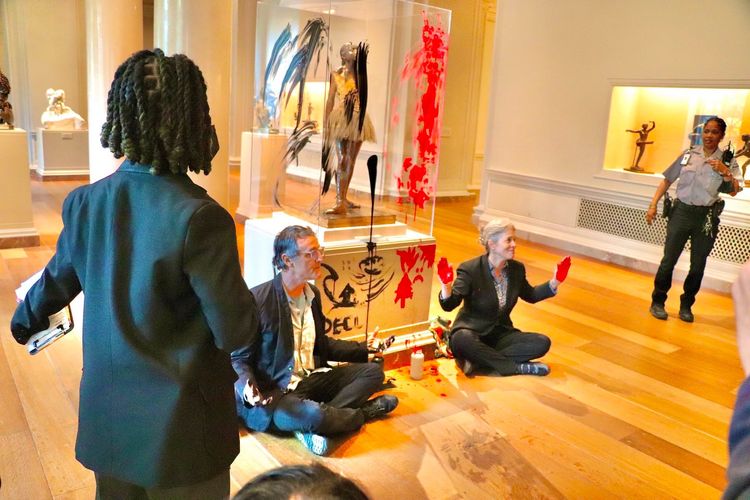Upgrade Now to Read: The World Is An Oil-Garchy
Hey Hot Cakes!
We just sent an exclusive free essay from Amy out to our paid subscribers about the parallels of Russia’s oligarchy and the global oil-garchy. A quick preview is below, but if you want to read the whole thing (and you should), subscribe for just $8/month! You’ll get access to three subscriber-only features a week, plus the occasional bonus mid-week feature.
The World Is an Oil-garchy
By Amy Westervelt
Russia’s invasion of Ukraine is increasingly being described as a “fossil-fueled” war, which is totally accurate. It’s doubtful that without billions in oil and gas money, Putin would feel emboldened to invade a sovereign country. But what’s often missing from this discussion is the way oil companies—state-owned or not—occupy a geopolitical space above sovereign governments, one that enables them to operate beyond the legal or political constraints that limit the behavior of governments. They effectively act as countries with no borders and no rules.
One of the more brazen examples of this is the so-called Red Line Agreement, originally drafted in 1928 and dissolved in 1948, it was an agreement between the world’s seven largest oil companies (not countries, mind you), through which they drew a literal red line around the Arabian peninsula and divvied up the oil resources there among themselves. When Iraq and Saudi Arabia nationalized their oil industries (in 1972 and 1980 respectively), it meant devalued assets and less money for some companies, which is part of what drove the desire for U.S. companies to reclaim those oil fields during the Iraq war in 2003.





Only paid subscribers can comment.
Please subscribe or sign in to join the conversation.